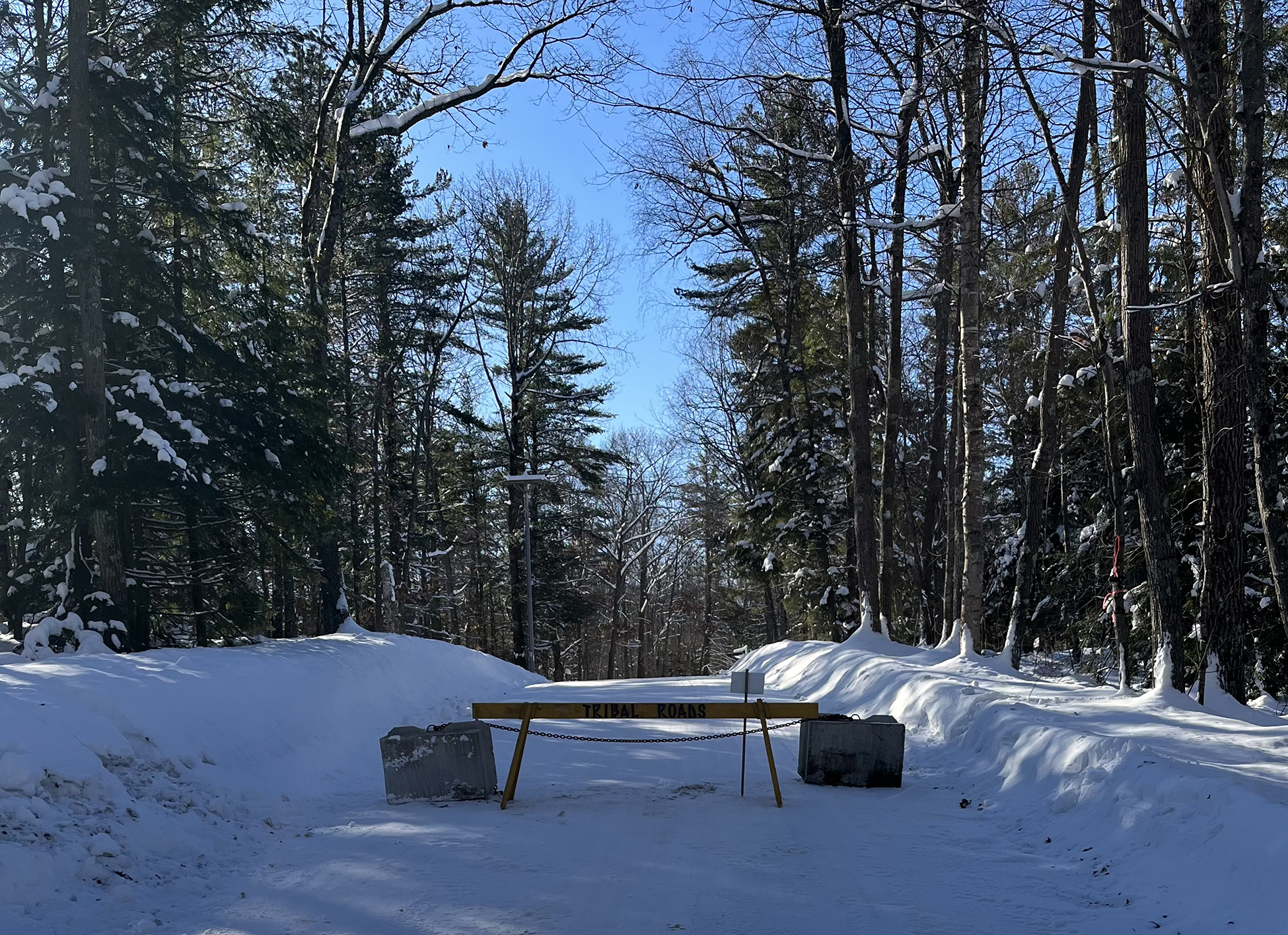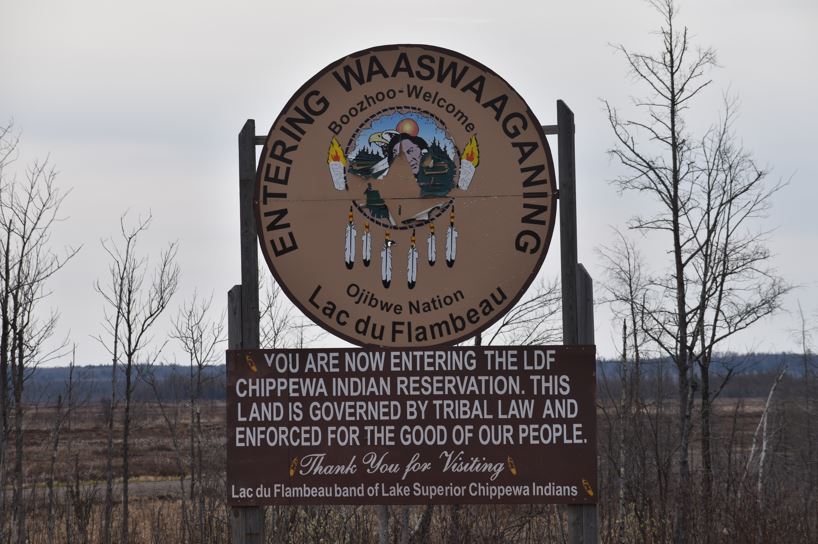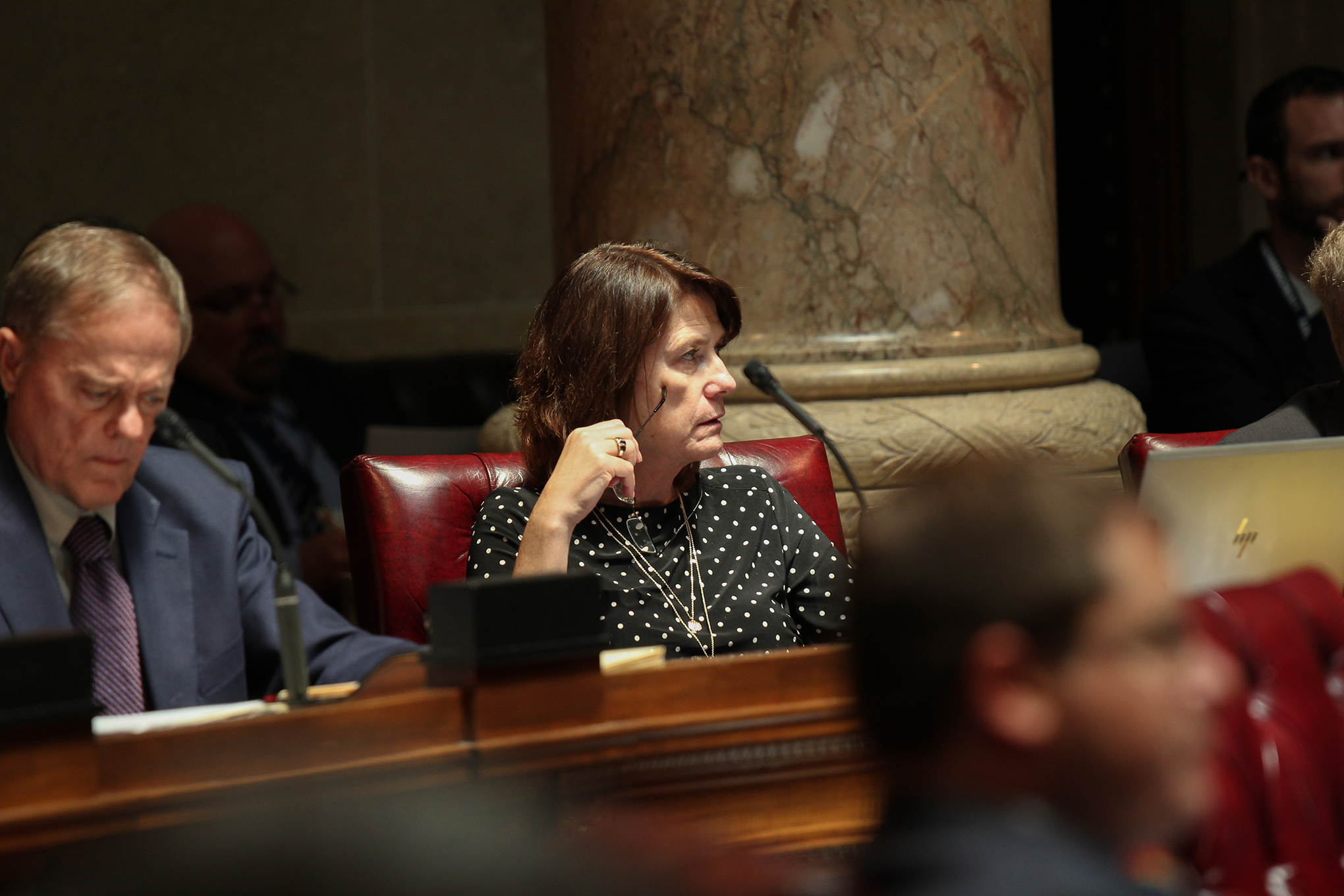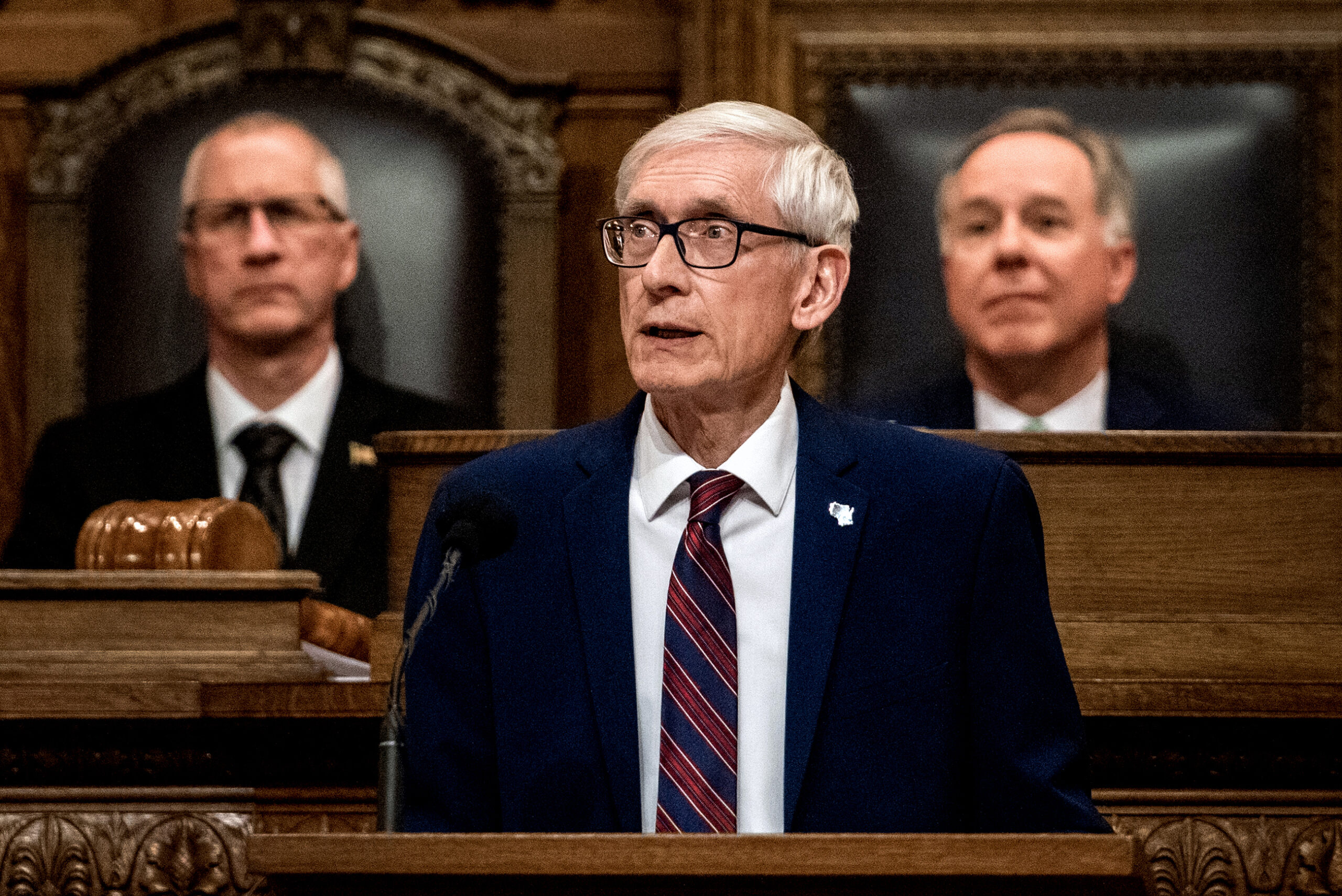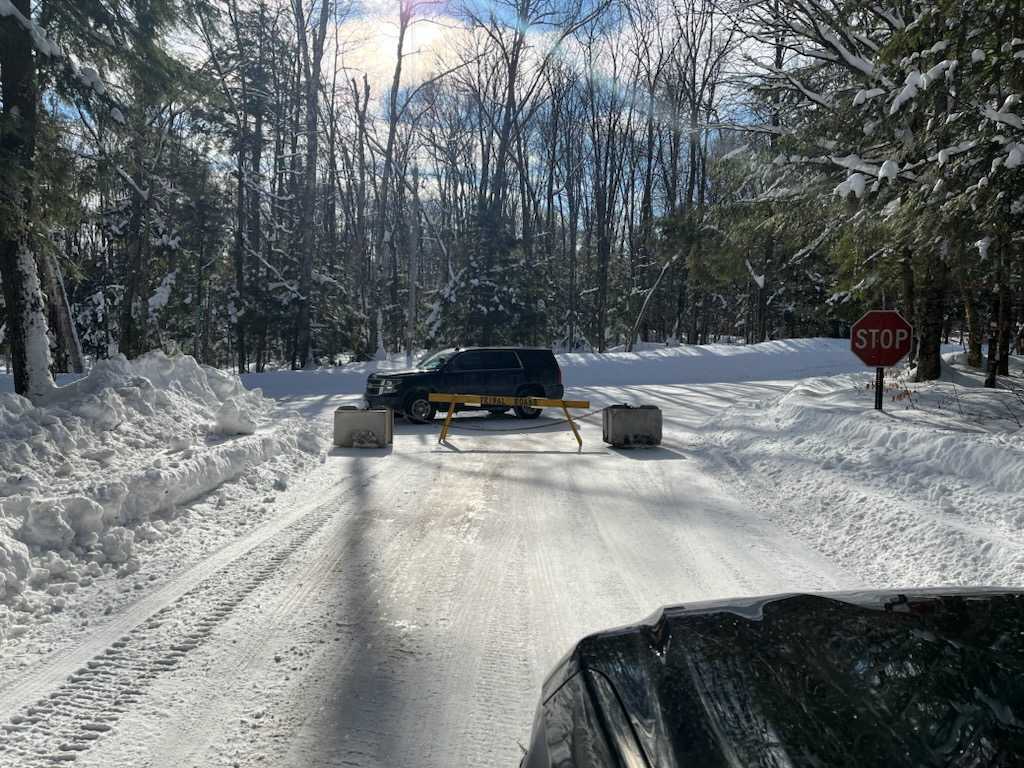A federal judge has denied a restraining order request aimed at removing road-blocking barricades that went up as part of an ongoing land dispute between the Lac du Flambeau Band of Lake Superior Chippewa, non-tribal homeowners and two title insurance companies.
Attorneys representing around 40 of homeowners filed motions Monday seeking a restraining order and preliminary injunction against the tribe. The property owners’ access to and from their homes has been blocked since late January when the tribe placed barricades on four town roads crossing tribal land. Both filings asked U.S. District Judge William Conley to order the blockades, along with cameras installed by the tribe to monitor the roadblocks, be removed.
In a brief in support of the motion, attorneys for the property owners argued the barricades are illegal under federal law. They also argued that residents are suffering irreparable harm by being unable to freely come and go from their homes.
Stay informed on the latest news
Sign up for WPR’s email newsletter.
“In this case, the harm that Plaintiffs will suffer if Defendants are permitted to continue barricading the Roadways substantially outweighs the harm Defendants will incur by removing the barricades across the Roadways,” the brief said. “Defendants can easily, and with minimal expense, remove the barricades.”
On Wednesday, Judge Conley denied the request for a restraining order. “Plaintiffs have not shown that injunctive relief is warranted without giving defendants an opportunity to be heard,” Conley wrote.
Conley’s order gives attorneys representing the Lac du Flambeau band until March 28 to file a response to residents’ request for an injunction. He said plaintiffs have until March 14 to explain “under what authority, and what cause of action, this court could enter an injunction. “
An attorney representing the homeowners did not immediately respond to a request for comment.
“The federal court’s ruling not only denies the plaintiffs’ request for a temporary restraining order, it also calls into question whether the court has jurisdiction to issue an injunction and how the plaintiffs presented their case,” said a statement from Lac du Flambeau Band of Lake Superior Chippewa Indians Tribal President John D. Johnson, Sr. “We feel for the impacted property owners and hope this ruling encourages all property owners to press for immediate action by the Town of Lac du Flambeau, the involved Title Insurance Companies, and the Bureau of Indian Affairs to resolve this matter.”
Underlying the current legal standoff is a dispute over right-of-way easements between the tribe, the Town of Lac du Flambeau and title companies over roads crossing tribal land. Those easements expired in 2010. The tribe has claimed it’s made attempts to resolve the easement issues by working with the Bureau of Indian Affiars to no avail.
The tribe is seeking $20 million from the town and companies to secure an agreement and address more than a decade of trespassing violations.
Dave Kievet is one of the homeowners involved in the lawsuit. He told WPR he would have liked to see the barricades removed by the court, but he doesn’t see the denial of the restraining order as a sign of where the judge stands on the overall merits of the case.
He and others have been crossing a frozen lake on foot or snowmobile to access vehicles in order to shop or get to appointments. Kievet said it’s a hassle right now but will become an unbearable situation when the ice starts to melt.
“We haven’t heard a whole lot out of the town,” Kievet said. “The title company hasn’t received a whole lot of information. We’ve been unable to get a lot of information out of the tribe. We’ve heard that the BIA has visited the area, but we don’t know the outcome of these meetings. So there’s just not a lot of information.”
Federal and state lawmakers from both parties have also gotten involved. On March 2, Republican U.S. Sen. Ron Johnson and Republican Congressman Tom Tiffany sent a joint letter to the heads of the U.S. Department of Interior, which oversees the BIA and the U.S. Department of Transportation. It demanded information on federal appraised values of the road crossings and an analysis of federal authority to “order the removal of the Tribe’s barricades.”
Tiffany and Johnson set a deadline of Friday for those agencies to respond. WPR asked staff in Johnson’s office whether they’ve gotten a response but did not receive a reply.
Wisconsin Public Radio, © Copyright 2024, Board of Regents of the University of Wisconsin System and Wisconsin Educational Communications Board.

